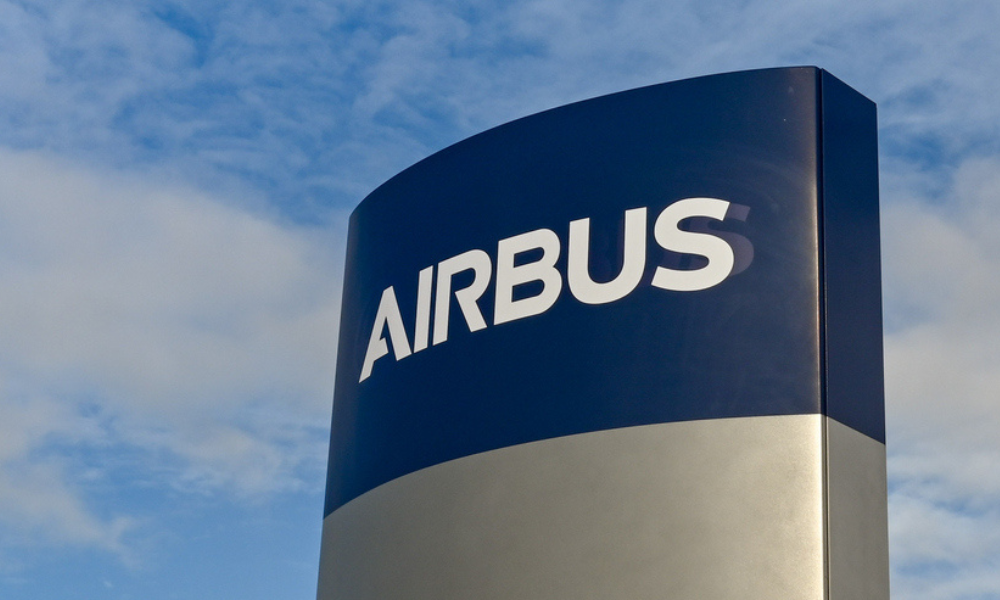Airbus averts lockout by agreeing to worker demands at the Mirabel plant, boosting the A220 jet production

Airbus SE successfully concluded negotiations with its employees in Canada, who build the single-aisle A220 jet, after they voted in favour of a mediator’s recommendations.
This decision averted a potential lockout at the Mirabel manufacturing plant near Montreal, as reported by BNN Bloomberg.
The mediator, appointed by the Quebec government, put forward recommendations on April 29 that included wage increases totalling 23 percent over the next five years, among other benefits.
On Wednesday evening, the unionized employees, represented by a local unit of the International Association of Machinists and Aerospace Workers, accepted these conditions with a 77 percent majority vote, with about 81 percent of the workers participating.
Had the deal been rejected, a lockout would have commenced on Thursday. The union represents 1,300 out of the 3,000 workers at the Mirabel facility. Last month, the workers had rejected a proposed labour agreement, which was the third offer made by Airbus this year.
Union spokesperson Eric Rancourt commented on the negotiations, stating, “Despite the favourable outcome, this negotiation generated a great deal of frustration, which will leave scars.”
In response to the agreement, Airbus stated that the deal would “facilitate a better balance between shifts” and “enable increased efficiency in order to produce a higher number of A220s and reach the break-even point for the aircraft program in 2026.”
The A220 program, originally developed in Canada, is 75 percent owned by Airbus and 25 percent by the Quebec government’s financial arm, Investissement Quebec, through a limited partnership.
The province’s total investment in the program is $1.3bn, although its market value had decreased to $300m as of last year, according to Quebec’s economy ministry.
Initially known as the Bombardier Inc. C-Series, the single-aisle airplane was taken over by Airbus in 2017. Despite this acquisition, the company continues to face challenges in controlling costs.



